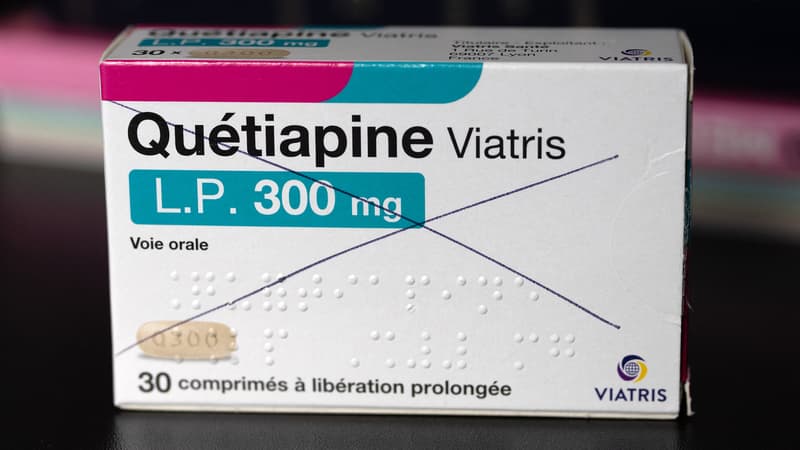Scarcity is not yet managed for psychotropic drugs. According to a new stage point published this Friday, September 5 by the National Agency for the Safety of Medicines and Health Products (ANSM), supply tensions persist for several psychiatric drug references.
Tensions are always reported for medications based on quetiapina, while this treatment, often prescribed to patients with schizophrenia, bipolar disorders or depression, is difficult to obtain in pharmacies for almost a year in France.
Packaging delays
The agency had already given the alert in early August for these two doses of Quetiapina, the Vitris laboratory underwent a delay in the packaging of the finished product. They should be available in pharmacies since the end of October, according to the health authority that has revived a mechanism of European solidarity to resort to imports from other Member States.
The ANSM emphasizes that the situation remains stable for the dose of 50 mg, which is not affected by delays in the packaging. However, the agency recommends reserving it for patients who are already under treatment to avoid a sudden increase in recipes.
It should be said that Quetiapina’s availability remains very precarious in France to the extent that only the prolonged release formula (LP) is authorized and marketed in France. The difficulties are such that some patients do not hesitate to obtain their treatment at the expense abroad, especially in Belgium, which has a greater number of references marketed for this psychotropic.
Supply tensions are multiplying
The difficulties also persist for the Teralithe 400 mg LP (lithium) “due to a delay in the packaging site”, but “medications should be available in pharmacies in early October,” adds the ANSM. Tensions also affect venlafaxin -based medications (37.5 mg LP and 75 mg of LP), for which an improvement is not expected before October, according to the information transmitted by laboratories.
For drugs containing sertraline (25 mg and 50 mg), “the stocks of the supply chain are gradually reconstituted” but “local tensions can persist,” said the medication surveillance tower. The shortage of medicines in France has several causes for several years, including relocation, manufacturing problems and a system to set prices sometimes considered insufficiently remunerative by the pharmaceutical industry.
Source: BFM TV


